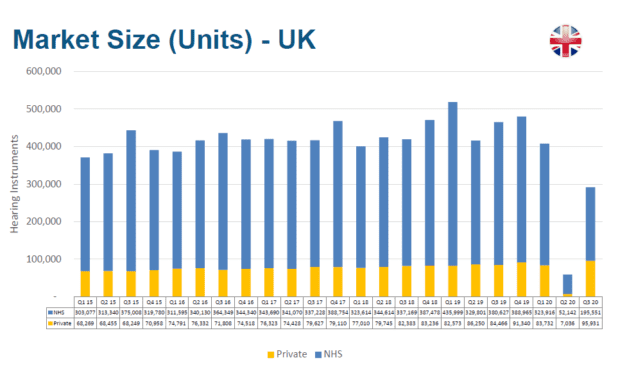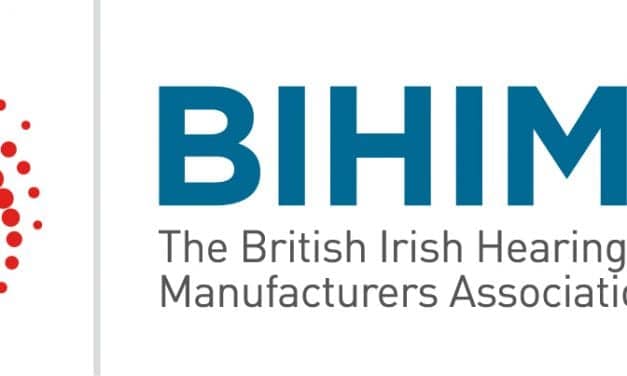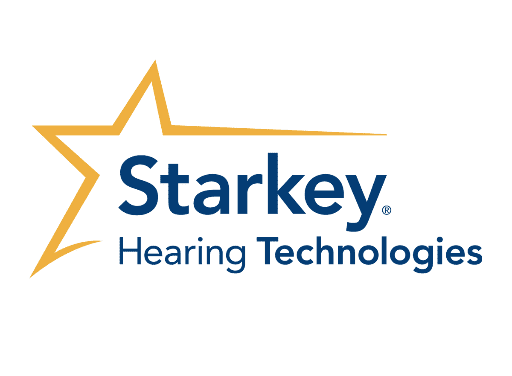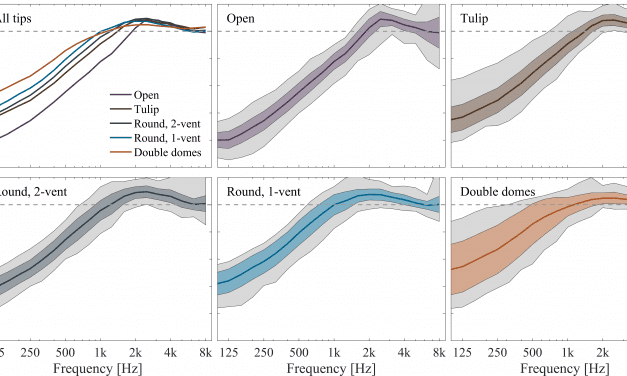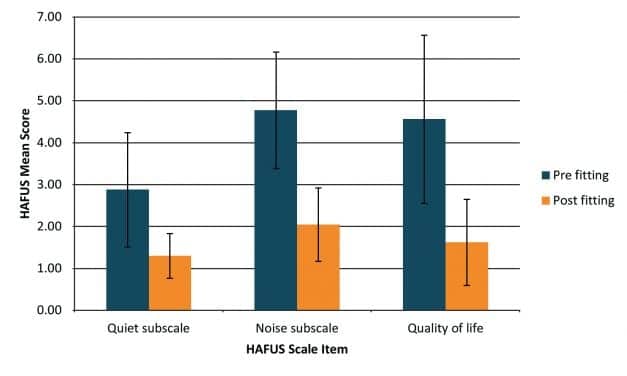A Changing Audiology Landscape: Six Opportunities for Patients and Audiologists
Even before the worldwide pandemic, inevitable developments in our field were approaching, presenting both threats and opportunities. This article identifies six of the major developments and highlights the opportunities that could be nurtured for both patients and audiology practices.
Read More

